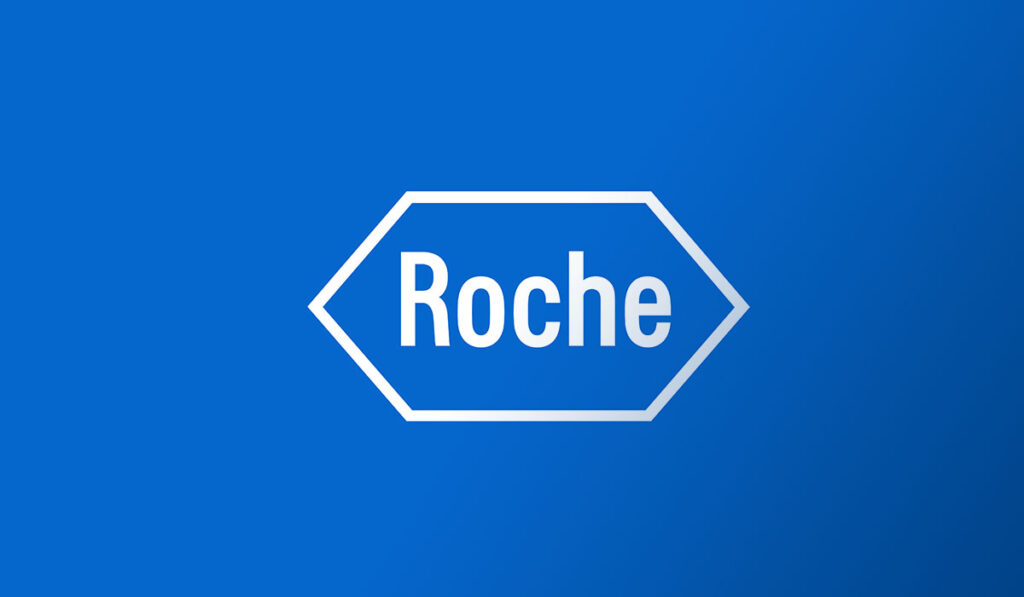Roche, a global leader in pharmaceuticals and diagnostics, has utilized mergers and acquisitions (M&A) as a core strategy to reinforce its market position, particularly in oncology, diagnostics, and personalized medicine. Here’s a comprehensive look at Roche’s M&A history, its successes, challenges, and the rationale behind its strategic moves.
Historical and Recent Acquisitions
- Genentech (2009) – $46.8 Billion
Roche’s acquisition of Genentech was a landmark deal, solidifying its position in biotechnology and cancer therapies. This deal brought blockbuster drugs like Avastin and Herceptin into Roche’s portfolio, greatly enhancing its oncology focus. The integration was successful, driving both revenue and innovation in personalized medicine. - Foundation Medicine (2018) – $2.4 Billion
Roche fully acquired Foundation Medicine to deepen its foothold in cancer diagnostics and personalized healthcare. This move aligned with its strategy of combining diagnostics and therapeutics for targeted treatment approaches. - Spark Therapeutics (2019) – $4.8 Billion
By acquiring Spark Therapeutics, Roche entered the emerging field of gene therapy, focusing on treatments for rare diseases like hemophilia. Despite initial challenges in scaling, this acquisition positioned Roche as a leader in gene therapy development. - GenMark Diagnostics (2021) – $1.8 Billion
This acquisition expanded Roche’s diagnostics capabilities, especially in infectious disease testing, through GenMark’s molecular diagnostic systems. The deal was timely, aligning with growing demand for rapid diagnostics during the COVID-19 pandemic. - Carmot Therapeutics (2024) – $3.1 Billion
Roche’s recent acquisition of Carmot Therapeutics added clinical-stage assets in obesity and diabetes to its pipeline, highlighting its broader commitment to metabolic diseases.
Roche has continued its active mergers and acquisitions (M&A) strategy through 2022, 2023, and 2024, making significant moves to expand its pharmaceutical and diagnostics portfolio. Here is an overview of notable deals during this period:
Key Acquisitions (2022-2024)
- 2022:
- Roche acquired Good Therapeutics for $250 million upfront, focusing on enhancing immuno-oncology capabilities. This deal added promising technology related to PD-1-regulated cytokine therapies to Roche’s portfolio.
- In collaboration with other firms, Roche inked a partnership with Eli Lilly and other biotech companies for research in the precision medicine space.
- 2023:
- Roche acquired Televant for over $7 billion in partnership with Roivant and Pfizer. This deal gave Roche access to a Phase 3-ready anti-TL1A antibody targeting inflammatory bowel disease, a strategic addition for its immunology segment.
- The company entered into agreements with Moma Therapeutics and Remix Therapeutics, emphasizing early-stage oncology and RNA-targeted drug discovery platforms.
- 2024:
- Roche licensed a c-MET antibody-drug conjugate (ADC) from MediLink Therapeutics, reflecting its renewed focus on innovative ADC therapies. This partnership aimed to overcome challenges Roche faced in earlier ADC ventures and enhance its oncology portfolio.
Strategic Successes
- Oncology Dominance: The Genentech acquisition was transformative, positioning Roche as the global leader in oncology and driving significant revenue growth.
- Diagnostics Expansion: The Foundation Medicine and GenMark deals strengthened Roche’s diagnostic and personalized medicine capabilities.
- Gene Therapy Initiatives: The Spark acquisition provided Roche with access to innovative technologies, opening new therapeutic avenues.
Challenges and Less Successful Moves
- Integration Difficulties: The Spark Therapeutics acquisition faced hurdles in integrating gene therapy into Roche’s existing R&D framework, delaying some advancements.
- Market Competition: Despite its strengths, Roche faces intense competition in diagnostics and oncology, requiring continuous innovation post-M&A.
Challenges and Lessons
Some of Roche’s previous deals, like the 2019 Spark Therapeutics acquisition, encountered slower-than-expected progress, with substantial impairment charges in 2022. This underscores the risks in early-stage gene therapy investments. Nonetheless, Roche’s leadership remains committed to gene therapy’s potential as a transformative treatment area.
Strategic Rationale
Roche’s M&A activities are driven by a clear vision: advancing personalized healthcare by combining pharmaceuticals and diagnostics. Each acquisition aligns with its focus on targeted treatments, from oncology to rare diseases, while expanding into adjacent areas like diabetes and gene therapy. By leveraging its robust financial position, Roche continuously invests in technologies that future-proof its business amid evolving healthcare needs.
Future Prospects
Roche’s acquisitions highlight its adaptability and foresight in navigating the complexities of global healthcare. While its strategy has largely been successful, the company must ensure seamless integration of new assets to sustain innovation and competitiveness.
For further details, refer to sources such as Roche’s official announcements and industry analyses.

